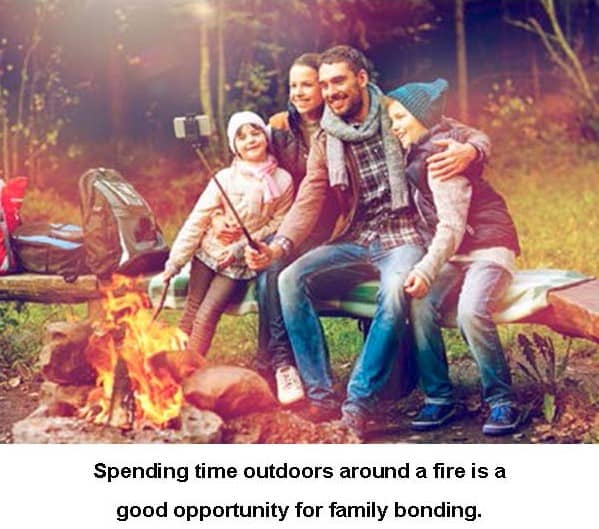Consider the power of fire to early humans: It provided heat for food and warmth and protection against predators. What is less obvious is that the fire provided a setting where people could talk and socialize.
A study from the Proceedings of the National Academy of Sciences suggests that it is the less-often cited social activities that may be responsible for humanity’s dramatic evolution we see today. The study, quoted in The Wall Street Journal, shows that campfires allowed humans to extend the day past sunset for the first time and gave people an opportunity to perform singing, dancing, religious ceremonies, and storytelling.
All of these activities played a significant role in how humans learned to consider broader social networks, cooperation, big picture thinking and allowed social behavior, in general, to act as a life-extending activity. Campfires brought people together and created a nexus for cultural development.
Fast-forward to the present day, and people have lost that sense of community and social behavior. According to Fortune, the amount of people describing themselves as lonely has doubled over the past several decades. Many factors such as cell phones, the internet, no longer living in the same area for extended periods of time, and more demanding work hours all contribute to more isolation between people despite living in a world that is more technologically connected than ever.
According to the Huffington Post, unplugging from gadgets and going camping can help improve sleep, mood, and inspire creativity. It can create connections. It sounds like the early human ancestors had it right all along.
Article provided by Bluegreen Carpet & Tile Cleaning in Elm Grove
